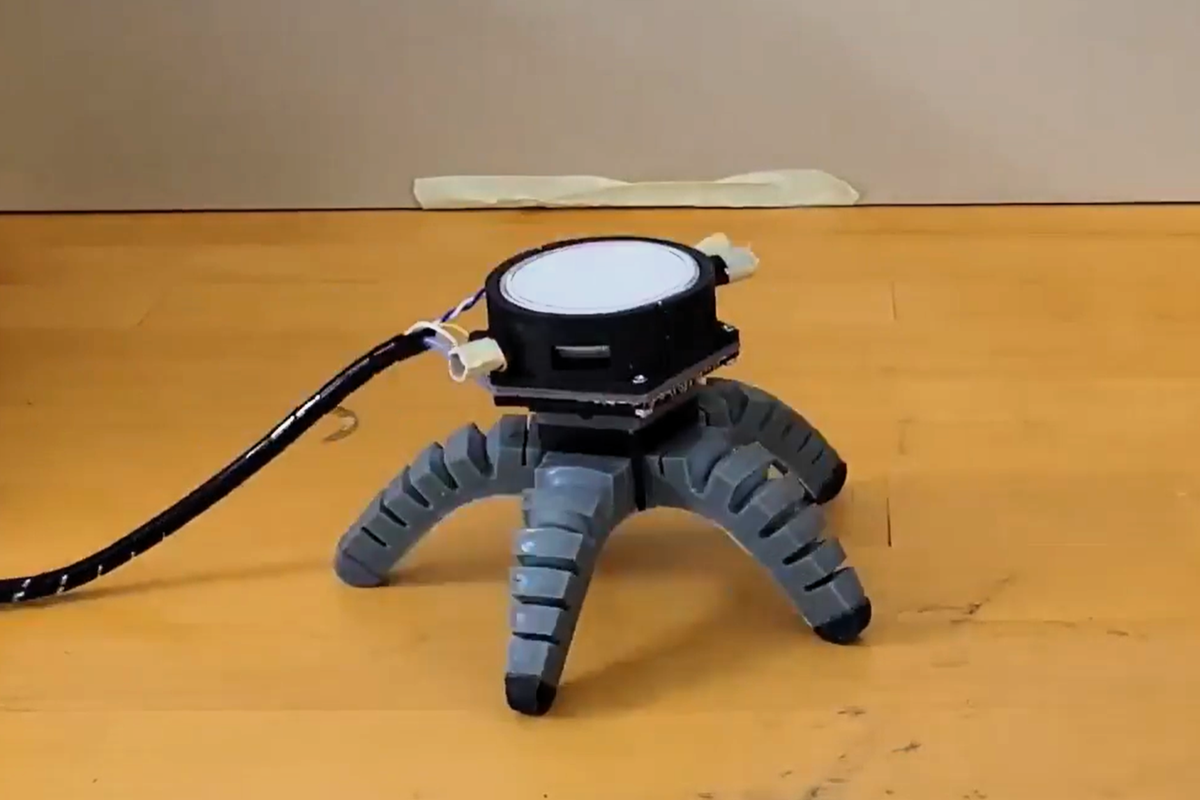Nobody knows what sleeping mushrooms dream of when their vast mycelial networks flicker and pulse with electrochemical responses akin to those of our own brain cells.
But given a chance, what might this web of impulses do if granted a moment of freedom?
An interdisciplinary team of researchers from Cornell University in the US and the University of Florence in Italy took steps to find out, putting a culture of the edible mushroom species Pleurotus eryngii (also known as the king oyster mushroom) in control of a pair of vehicles, which can twitch and roll across a flat surface.
Through a series of experiments, the researchers showed it was possible to use the mushroom’s electrophysiological activity as a means of translating environmental cues into directives, which could, in turn, be used to drive a mechanical device’s movements.
“By growing mycelium into the electronics of a robot, we were able to allow the biohybrid machine to sense and respond to the environment,” says senior researcher Rob Shepherd, a materials scientist at Cornell.



It’s human enginuity to give legs to things that really shouldn’t get legs. We’re about to make mandmade horrors beyond human comprehension.
We’re too good at killing things now, we need a challenge, so we’re making our own.